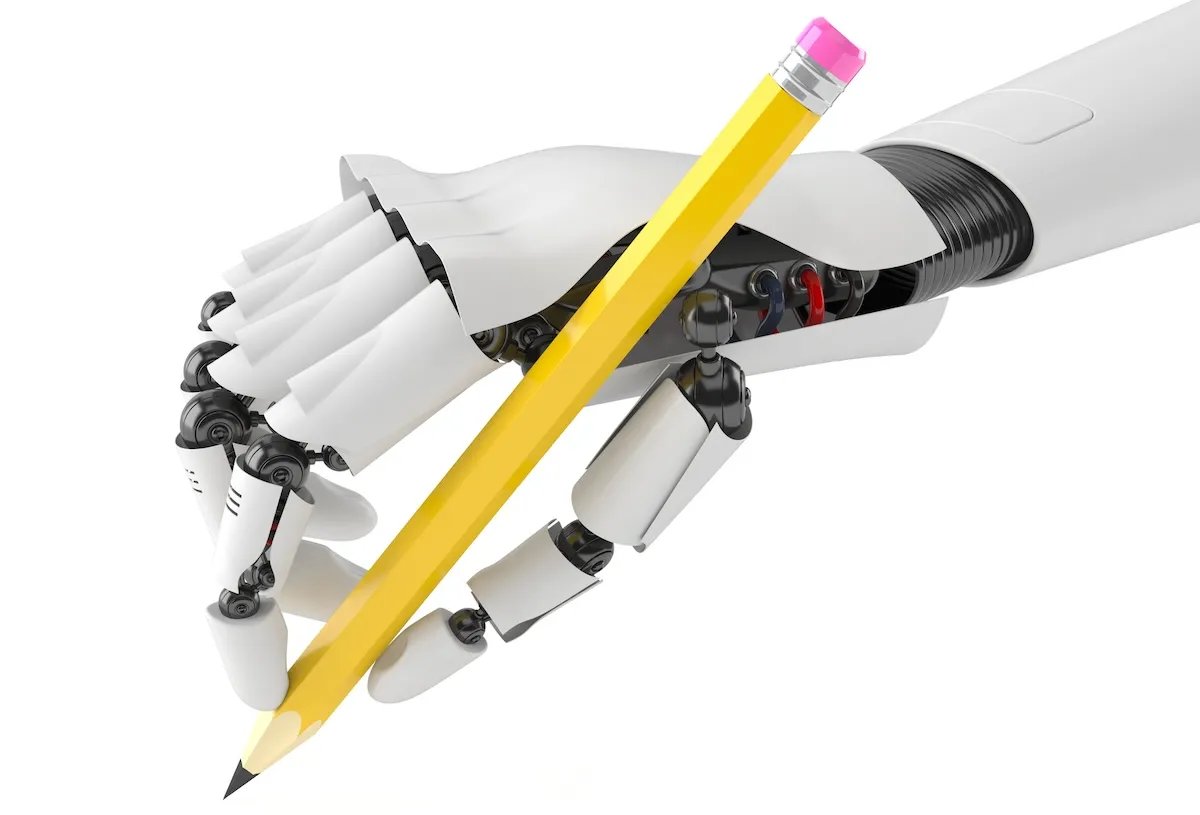Which one of these items doesn’t match the others? In a list of “common examples of copyright infringement” available on its website, Boston College includes “using a wireless router in your room,” alongside such clear-cut offenders as joining file-sharing networks and emailing or IMing copyrighted songs to friends. The college’s reasoning: “others may share illegal material through your router, giving the appearance that you are the guilty party.” That’s it: We’re switching to AOL dial-up.
(As an aside, copyright lawyer Ray Dowd says that using a wireless router is routinely a legitimate defense against copyright infringement charges, not a sign of liability, and he excerpts three federal court opinions to back this up.)
It’s worth noting that BC (like many universities) is rather quick to roll over in the face of the music and film industries: “For any computer on the BC network, a specific IP address is assigned. The music and film industries monitor activity on file-sharing networks, and they contact Boston College with the IP addresses that are found to be illegally sharing files. BC, by law, is bound to release the identities of the individuals tied to those IP addresses.”
In actuality, Title II of the Digital Millenium Copyright Act, which governs ISPs’ copyright responsibilities, including those managed by universities, does not say “turn over people’s IP addresses as soon as you get a notice”: According to the University of Texas’ guidelines on DMCA compliance by schools, the correct procedure is for the agent designated by the university to receive notices from copyright holders to “make the determinations described below regarding whether the DMCA limitations apply to us, whether we wish to utilize the detailed procedures and whether a notice received is sufficient under the law.” The approach outlined by BC cedes much of that power of judgment to the music and film industry reps sending the notices.
(via TechDirt | BC website)







